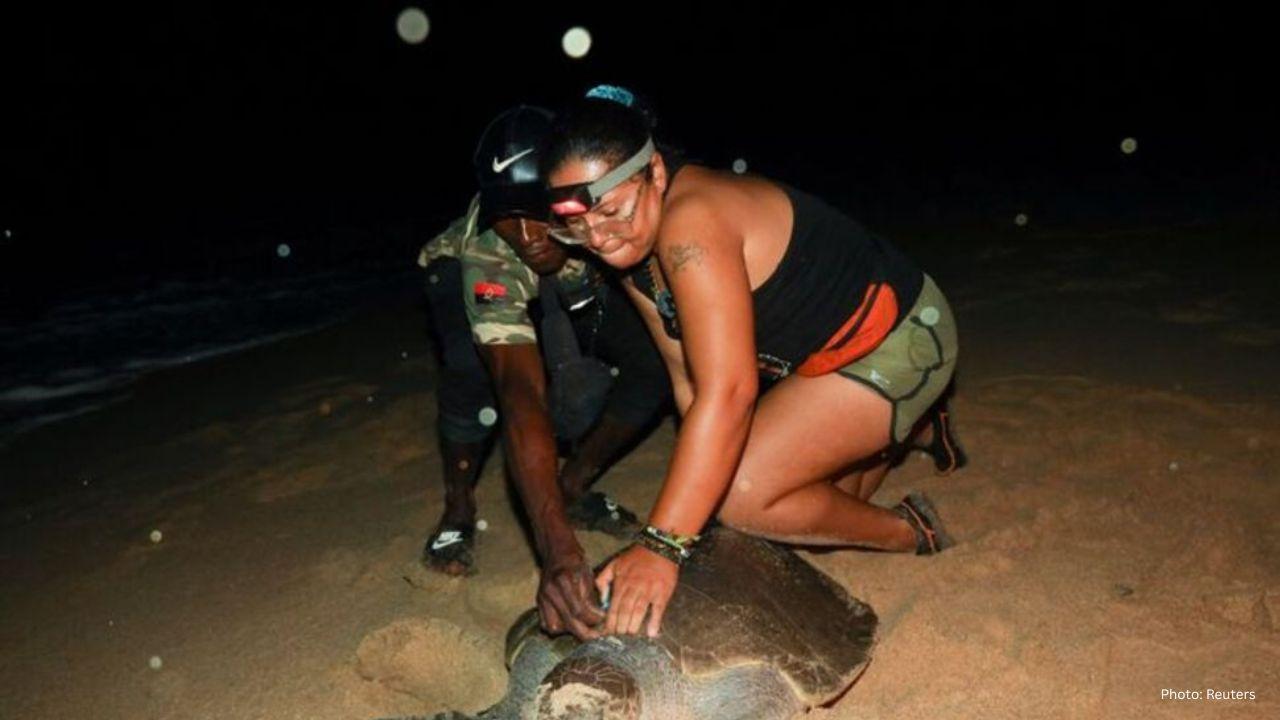
Post by : Saif Nasser
In the quiet village of Hojiua in Angola, an inspiring transformation is taking place. Villagers who once hunted sea turtles for food or money are now their protectors. Among them is 45-year-old Joaquim Avelino Fragoso, a father of seven, who used to kill turtles for their meat. Today, he spends his days walking the Longa estuary to keep these endangered creatures safe.
Fragoso says he now feels joy watching turtles crawl onto the beach to lay their eggs and then return to the sea. His change of heart came through the Kitabanga Project, a major conservation effort that trains local people to protect sea turtles along Angola’s 1,600 km coastline.
More than 70 villagers like him have joined the programme. Together, they help safeguard around 25,000 turtle nests, making a big difference for species that are struggling to survive.
All five eastern Atlantic sea turtle species — from the olive ridley to the giant leatherback — can be found in Angolan waters. Many of them are listed as vulnerable, endangered, or critically endangered by the International Union for Conservation of Nature (IUCN). The beaches of Longa, with their soft caramel sand, are especially important nesting grounds.
The project is funded by private organisations and run by the Kissama Foundation along with Angola’s oldest university, Universidade Agostinho Neto. Their goal is not only to protect turtles but also to give local communities new skills and better opportunities.
For years, hunting was common because many villagers struggled with poverty. Turtle meat provided income, and there were few alternatives. Conservation workers like Debora Carvalho, the regional coordinator of the Kitabanga Project, say that helping people means more than just telling them to stop hunting — it requires offering real economic benefits through training and education.
She explains that people first say they don’t care about conservation. But when they learn how protecting wildlife can create jobs, support tourism, and preserve their environment, they begin to see a new path. Carvalho and her team show villagers how conservation can change their lives for the better.
Fragoso is proof of this change. He now understands that harming turtles means harming the future. “We have to conserve them so that there will be more turtles tomorrow,” he says with pride.
The success in Hojiua is giving hope to conservationists across the country. A community that once hunted now stands as guardians of one of the ocean’s most ancient species. Their efforts show that with the right support, even the most vulnerable wildlife can be saved — and the people protecting them can build stronger futures at the same time.

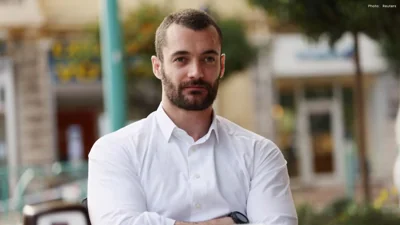
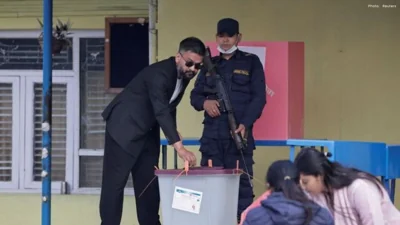

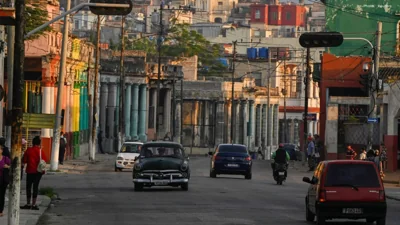
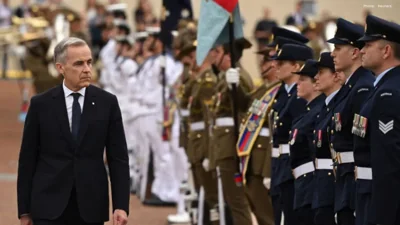


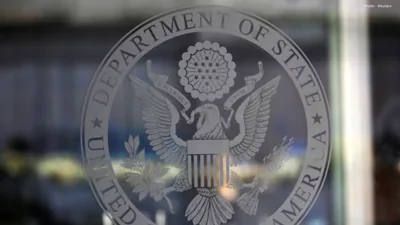

Mattel Revives Masters of the Universe Action Figures Ahead of Film Launch
Mattel is reintroducing Masters of the Universe figures in line with its upcoming film, tapping into

China Executes 11 Members of Criminal Clan Linked to Myanmar Scam
China has executed 11 criminals associated with the Ming family, known for major scams and human tra

US Issues Alarm to Iran as Military Forces Deploy in Gulf Region
With a significant military presence in the Gulf, Trump urges Iran to negotiate a nuclear deal or fa

Copper Prices Reach Unprecedented Highs Amid Geopolitical Turmoil
Copper prices soar to all-time highs as geopolitical tensions and a weakening dollar boost investor

New Zealand Secures First Win Against India, Triumph by 50 Runs
New Zealand won the 4th T20I against India by 50 runs in Vizag. Despite Dube's impressive 65, India